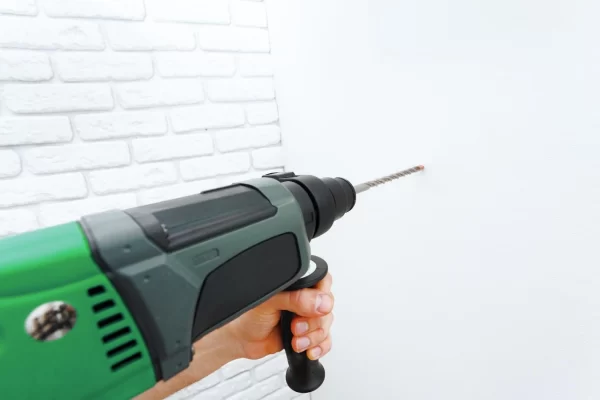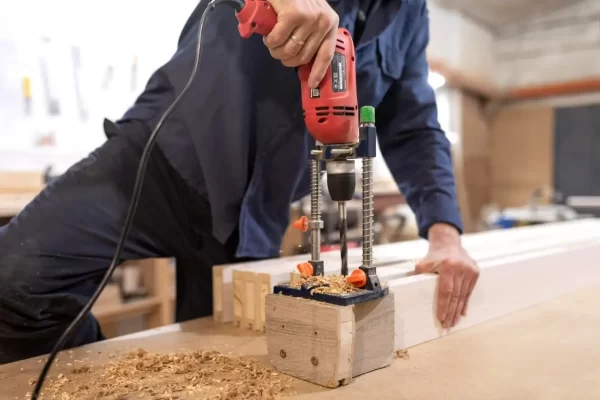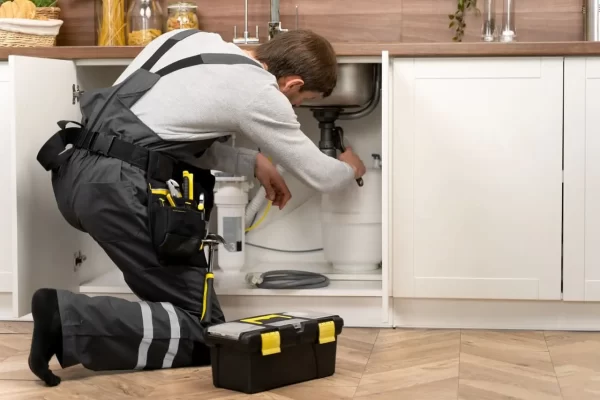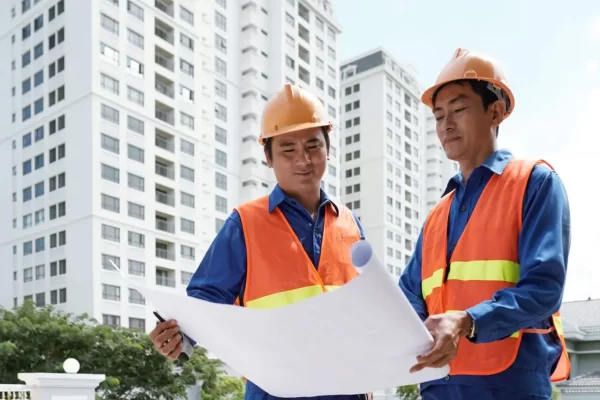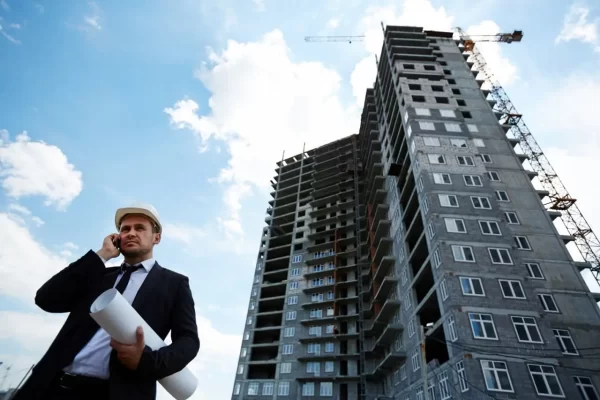Construction Inspection: Construction Quality Management – Dubai
A part of an inspector’s job is to keep an eye on how your project is going and send updates to the people who matter to you. Another part of an inspector’s job is to carefully check your construction work against quality and industry standards. Your quality management in construction is built around how you do your quality inspections. And the quality of your project delivery can be affected by how well your company manages quality.
Buy Power Tools for Construction Companies from https://safatcotrading.com/
Project specifications
Most of the time, the project specifications are based on the quality standards that the project owner and the contractor have agreed upon. This means that construction or building projects must follow the laws and standards of the place where they are being built.
Legislation is sorted and checked based on the following stages of building:
- Urban development legislation (planning permission and environmental licences)
- Laws about architecture (architectural design, structural calculations for the building shell)
- Laws about how technical installations are put in place (dimensions, energy consumption)
- Laws about health and safety on the job
- Laws about the environment
There are also community legislations that include specific provisions about buildings, health and safety at work, and protecting the environment.
Inspections and testings
Some parts of a project, like the strength of the concrete, the density of the soil, etc., are usually tested by a third party. Usually, inspections and tests are done while the work is being done. This is how the quality of the product is determined and the progress is reported right after the inspections. During scheduled site visits, the architect or third-party consultants check the quality of certain project parts other than the contractor or project manager.
For on-site products that don’t pass the initial inspection and quality tests, the architect or project manager will make a “punch list” of things that need to be fixed or redone to meet the quality standards and project specifications.
Quality control and quality assurance
Your quality management programme is in charge of the quality of your construction project. It has a quality control (QC) programme and a quality assurance (QA) process. Quality control is managing and making sure that the quality requirements of the project are met according to the specifications. Quality assurance is defining the process and steps that need to be taken to make sure that these quality requirements are met.
To finish your project successfully, your QC/QA management programme must have strict inspection processes. Your strict QC/QA inspection system also gives you a good way to manage the quality of the work done by your subcontractors.
Go to our article about construction inspections to make sure health and safety standards are met for more information on health and safety inspections.
The role of inspections in your quality management program
For a quality management programme to work well, the project owner and contractor should come up with a plan together. This plan should include a clear control system, a defined quality management process, and a trained project manager or supervisor on the process. A good management programme should also include reviews of performance and results and how the work is owned and who is responsible for it.
Quality control inspections
Your quality control team should make sure that your construction products and services meet the project’s needs, which are based on the standards and laws we’ve already talked about. Your quality control checks are done based on technical specifications and usually include the execution, completion, products, and materials of your:
- Concrete procedures
- Masonry
- Metals
- Wood plastic composite
- Thermal and moisture protection
- Openings
- Finishes
- Fire suppression
- HVAC
- Electrical
- Communications
- Electronic safety
- Exterior improvements
- Utilities
The Manual of Standard Building Specifications has a full list of the different types of quality control inspections. You should set up inspection schedules and pre-cover-up and pre-closure inspections for your QC checks. All of these inspections should come with the right paperwork, like written reports, photos, and other documents.
Quality assurance inspections
Your quality assurance team should make sure that your quality control programme runs smoothly and that your quality assurance processes are done carefully. Your QA checks are very important for:
- Setting up work habits that will help meet quality standards
- Taking a look at the quality of ongoing and finished work to see if it meets project requirements
- making sure that the materials used meet the quality standards for the project
- Making sure that finished work is safe from harm or damage
- Putting out reports on works that are both good and bad
- Keeping track of corrective works, reworks, and project status updates until they are done well
- Using quality control processes and methods to find out if the project manager is doing a good job of managing on-site activities.
- Reviewing processes, procedures, and practises and figuring out where changes could be made to improve the quality of the work that comes out of it
- recommending or asking the project team and management to make changes
- Reviewing quality control documents to make sure the systems in place work well
Most of the time, your QA inspections are based on systemic actions and plans that are based on external quality management system standards, such as the ISO 9000 family of standards.
Standardized inspections are an important part of a good quality management programme, and they assure quality for at least four good reasons:
- Inspections done by people who know what they’re doing protect the industry from the criticism and loss of public trust that would come from poor work.
- A good inspection protects the contractor’s reputation from the damage that would happen if trusted employees didn’t do their jobs right by accident.
- A good inspection keeps the contractor from being put at a disadvantage in the marketplace, which would happen if other contractors were allowed to do poor work.
- A good inspection protects a contractor who works in stages or as a subcontractor and follows the work of others.
Standardized quality inspections are the key to a strong quality management system and good project delivery as a whole. Having construction software that helps with on-site quality inspections gives you the power to do high-quality inspections that are also easy to do. This leads to better project delivery, more productivity, and a successful construction project as a whole.
Related Link: Job Opportunities in Dubai Construction Sector
Tags : Building Material, Hardware Shop, Power Tools, Tool Accessories


